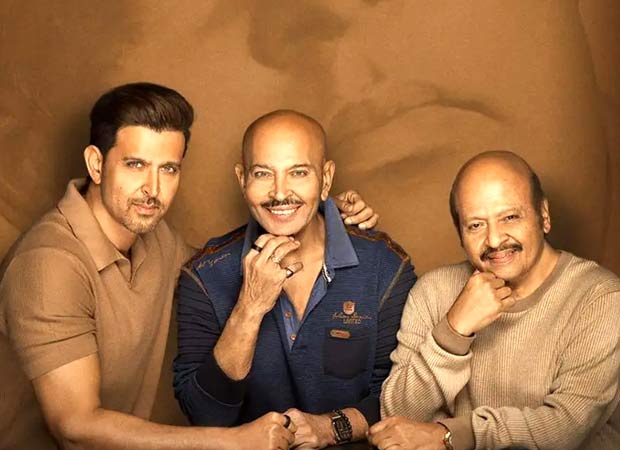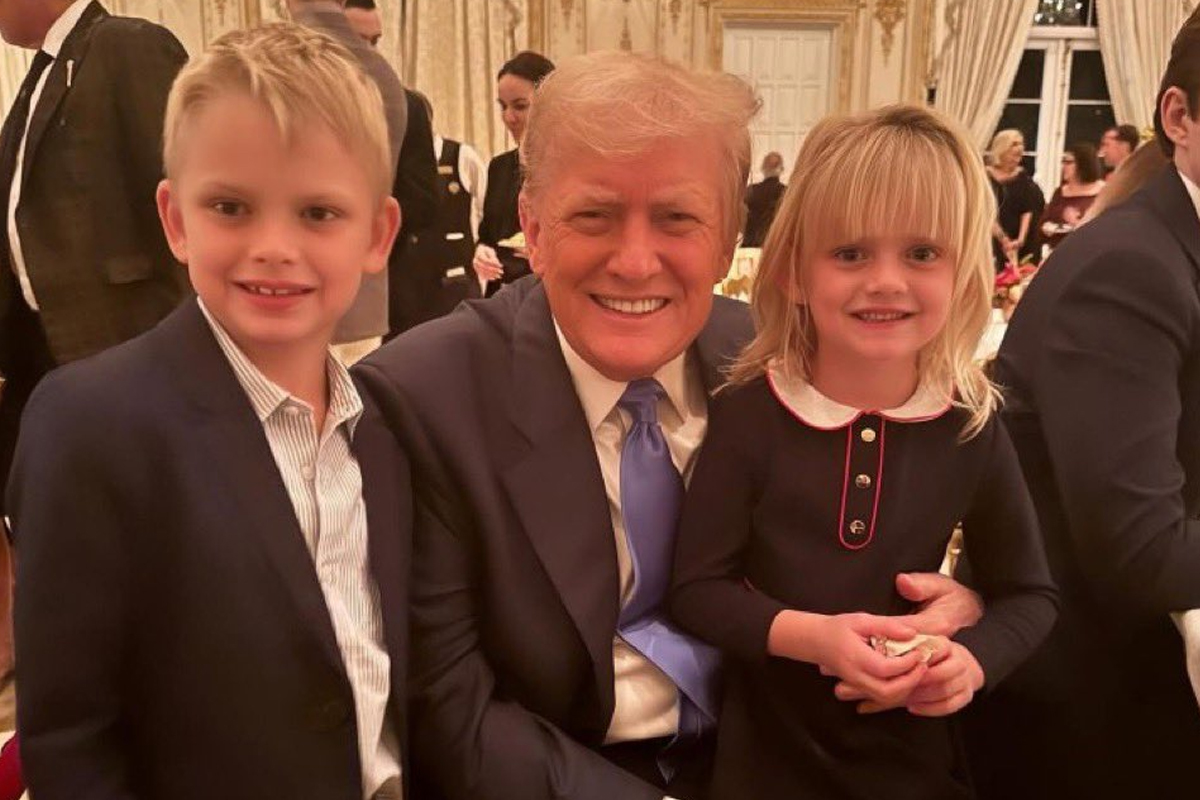As a sweetener, the consultation is now expected to include the promise of a new “personality right,” according to three people briefed on the plans, granted anonymity like others in this article to speak freely.
This would offer people, particularly stars who rely heavily on protecting their image, additional legal protections against the use of generative AI tools to mimic their features and likeness without permission.
The new right could also help combat the threat of malicious deepfakes. Such personality rights already exist in several jurisdictions, including parts of the U.S.
Artists’ anger
The possibility of a new right is unlikely to assuage the creative sector’s wider concerns about the copyright shake-up, however.
At a briefing in parliament earlier this week, author Kate Mosse warned the government’s plans would would “kill originality” — a stance backed by Beatles star Paul McCartney. The sector argues that a regime in which content holders have to explicitly “opt in” to AI training is fairer.
The proposals also prompted a warning this week from the Copyright Alliance, a U.S. media body, that any British move that “degrades copyright” risks a “a legal environment that discourages U.K. and U.S. creators and rights holders from participating and investing in creative endeavors within the United Kingdom.”







